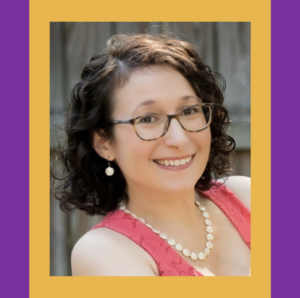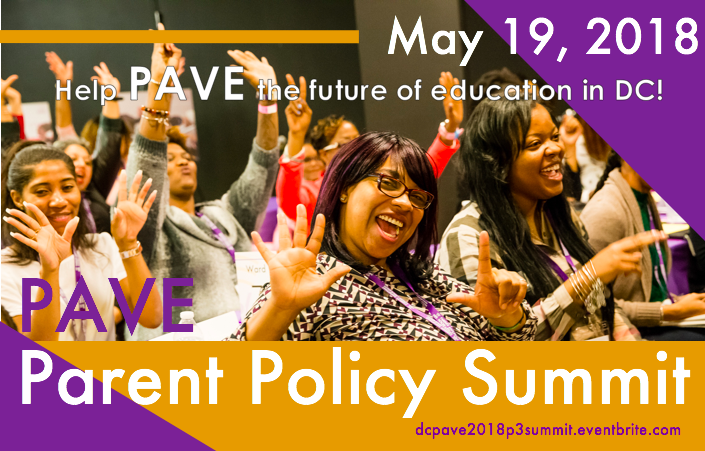As we ring in the new year, I know I’m not alone in taking some time to set a vision for the year ahead and thinking about what I want to be true at the end of 2023. Not just for myself, but also for my family and community. I want my kids and ALL kids to have safe, engaging, and affirming experiences at school. I want them to be seen as whole people and have their mental health needs addressed with care and cultural competence. And I want them to have access to enriching Out-of-School Time (OST) programs that are responsive to families’ needs. 
With the DC Council and Mayor Bowser kicking off their new terms, the city has a renewed opportunity to make our vision for education a reality in 2023. Already we are seeing promising signs of momentum. In Mayor Bowser’s inaugural address at the start of her third term, she shared, “We already built the best free pre-K in the nation. Now, we will build the most robust free before- and after-school programs in the nation.” This move would be a critical investment in our city’s care infrastructure.
We know from a robust body of research that OST programs like before and after care confer a number of academic, social-emotional, and economic benefits. These programs provide opportunities for academic enrichment, allow young people to explore new activities and find joy in learning, build important social skills, and provide safe spaces for kids that allow their caregivers to work. As we continue to support students and families to recover from the traumas and challenges of the COVID-19 pandemic, these programs are more important than ever.
Despite these known benefits, we also see that the current OST system is not serving students and families across the city. According to last year’s Fall Back to School Survey, only 45% of DC students participate in OST programs. Cost, transportation, access to information, and lack of age-appropriate or high-quality programs continue to be barriers to access. The city’s current approach to OST programming is deepening equity gaps across race, with more white families accessing programs than Black or Latinx families, and income levels, with affluent families more likely to participate than lower-income families.
To achieve the mayor’s vision for a robust before- and after-care sector, it won’t be enough to merely increase the number of seats available–though this is certainly an important part of the solution. These longstanding barriers must also be proactively addressed. For example, simply increasing the number of seats at a program that is not aligned with students’ interests or is not conveniently located and accessible by public transportation will not make a meaningful difference for families.
As a new DCPS parent with a kindergartener, I am navigating this confusing and expensive system for the first time. While our family is privileged to have found and be able to afford a program that is safe, engaging, and provides transportation, our options are still limited. Even with new platforms like Learn24, there is still not a centralized place for families to find information about all of the different programs that exist. If my son wants to explore more specialized programming as he gets older, it’s not clear he will be able to take part in these activities unless we provide our own transportation at the end of the school day, which is challenging for working families.
To achieve our vision for OST in 2023, families and students have to be at the table with policymakers to craft effective solutions. We are closest to these issues and our experiences and expertise will strengthen new policies and practices and ensure they are responsive to the unique needs of families from across the district. With DC Parent Voice and Choice Week quickly approaching, we will once again have an opportunity to be in conversation with leaders from the legislative and executive branches – including with the mayor herself! – to share our vision for what these solutions can look like and how we can work together as partners to make this vision a reality. With parents at the table, I’m confident that by the end of the year we will look back and be able to say we made real progress for DC kids and their families.

